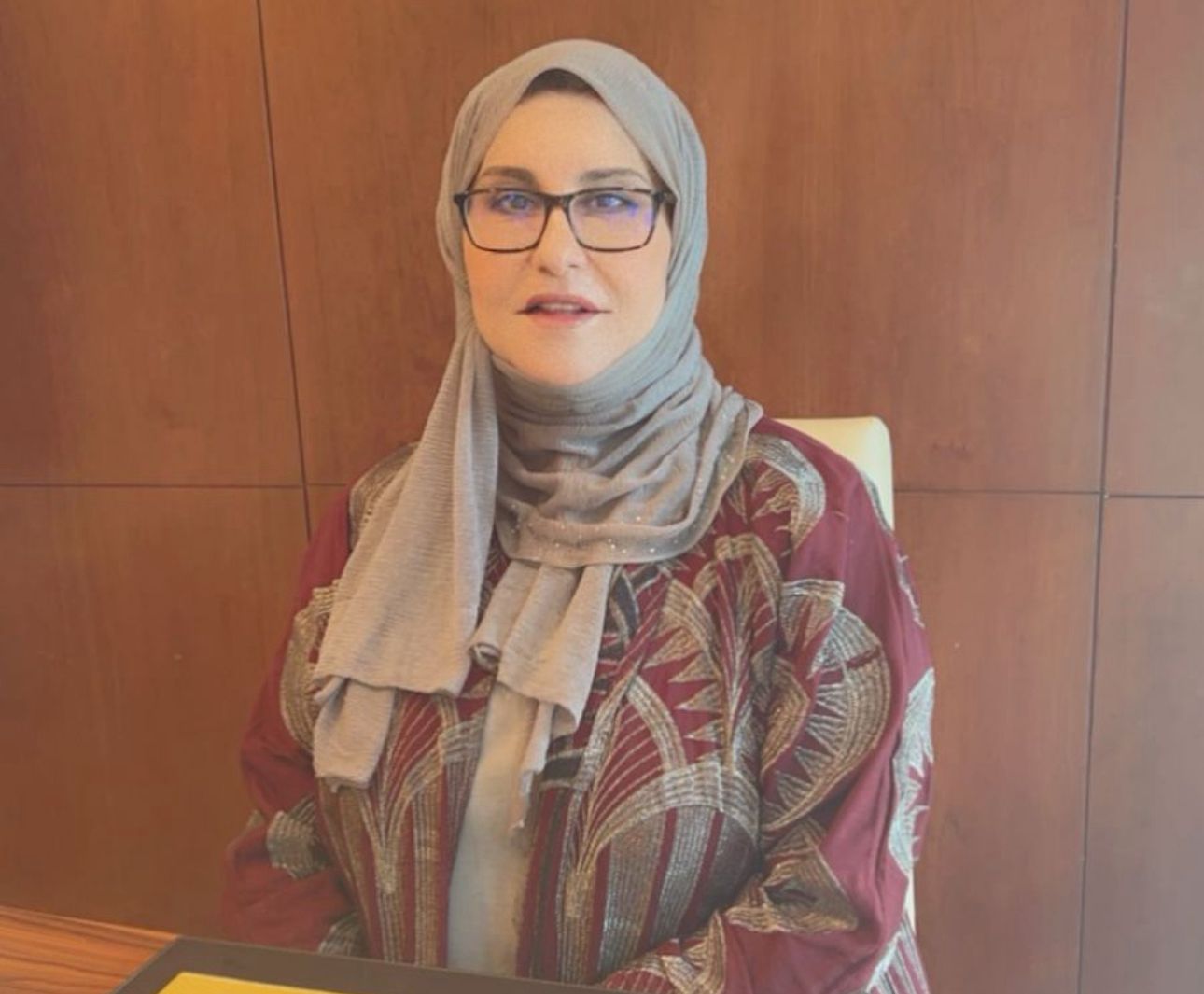 Dr. Maan Alkhattabi, Consultant Gastroenterology & IBD at Alsalama Hospital, Jeddah
Dr. Maan Alkhattabi, Consultant Gastroenterology & IBD at Alsalama Hospital, Jeddah
A Quiet Disease, a Loud Response: How Saudi Arabia Is Confronting Inflammatory Bowel Disease Care
Inflammatory Bowel Disease (IBD) has long been underdiagnosed. Globally, more than 10 million people are living with IBD . But a growing body of clinical data is rewriting that narrative—particularly in Saudi Arabia. Once considered a rarity, IBD is now emerging as a pressing healthcare concern, with hospitals across the Kingdom reporting a steady increase in cases, particularly among adolescents and young adults . This shift reflects more than just improved diagnostic capability. It underscores broader transformations in lifestyle, environmental factors, and public health priorities—all of which are compelling Saudi Arabia to invest in earlier detection, multidisciplinary care, and disease-specific education.
IBD, an umbrella term for chronic, immune-mediated gastrointestinal disorders like Crohn’s disease and ulcerative colitis, demands a lifelong approach to care. In Saudi Arabia, gastroenterologists are observing a troubling trend: patients are often diagnosed late in the disease course, after years of misattributed symptoms and deteriorating quality of life. Recognizing the early warning signs – abdominal pain, rectal bleeding, weight loss, and fatigue – is critical for enabling early intervention, improving long-term outcomes, and avoiding complications such as surgery or disability .
Dr. Maan Alkhattabi, Consultant Gastroenterology & IBD at Alsalama Hospital, Jeddah, said “IBD is not a one-time diagnosis, it’s a long-term condition that changes over time. We need to build care pathways that reflect that reality. That means continuous awareness, faster referrals, better coordination between specialists, and support services like nutrition, psychology, and patient education. If we want to improve outcomes, we have to think beyond treatment and invest in the full system of care.”
A Cross-Sector Effort to Advance Care
To address these challenges, Saudi Arabia is building a more robust ecosystem for chronic disease management—one that incorporates global partnerships, medical education, and research into regional disease patterns. The Kingdom also recently became one of the first countries globally to introduce the latest IBD innovative solutions for patients, marking a major milestone in the region’s healthcare journey.
Prof. Nahla Azzam, Professor of Medicine and Consultant Gastroenterology at King Saud University and Board Member of the Saudi Gastroenterology Association, said: The growing focus on earlier diagnosis and disease awareness in the Kingdom marks a significant step forward in our collective understanding of the disease. By educating patients and healthcare providers about the early signs and chronic nature of the disease, we are laying the groundwork for timely intervention and more comprehensive care pathways that can significantly improve quality of life. As our understanding of IBD in the region deepens, continued cross-sector collaboration will be vital in advancing early detection and improving long-term disease management.
Commenting on this milestone, Francisco Plaza, Managing Director of Johnson & Johnson Innovative Medicine, Saudi Arabia added: “Early diagnosis crucial in changing the lives of those living with IBD. At Johnson & Johnson, we are proud to stand alongside Saudi Arabia in bringing the latest solutions to patients and supporting the healthcare community. It’s important to understand that scientific innovation must be grounded in regional realities. That means listening to Saudi physicians, supporting their priorities, and ensuring patients in the Kingdom have access to innovative solution and holistic care models that address both the physical and psychosocial aspects of the disease”.

Prof. Nahla Azzam, Professor of Medicine and Consultant Gastroenterology at King Saud University and Board Member of the Saudi Gastroenterology Association
Laying the Foundation for the Future
As the Kingdom continues to expand its clinical capabilities, experts believe that locally generated research will be critical. Understanding the unique presentation, genetic predisposition, and environmental triggers of IBD in Arab populations will shape the next generation of care strategies.
Johnson & Johnson is among those contributing to this effort with a legacy of more than 30 years in immunology and immune-mediated diseases. Beyond its contributions to treatments, the company remains committed to supporting patients, fostering partnerships with healthcare professionals, and advancing research into innovative solutions pathways. Through initiatives such as the launch of the first IBD Centre of Excellence Program in 2022, in collaboration with the Saudi Gastroenterology Association, Johnson & Johnson is supporting multidisciplinary care and promoting best practices for early diagnosis and holistic patient management.
In a healthcare landscape increasingly focused on personalization and prevention, IBD represents both a challenge and an opportunity, an invitation to reshape how chronic illness is perceived and treated. As Saudi Arabia strengthens its commitment to proactive, research-driven healthcare, IBD is becoming more visible. And with visibility comes action: earlier diagnosis, stronger support systems, and improved outcomes for the thousands of people across the Kingdom living with this often-invisible condition. With every step forward, Saudi Arabia is not just managing IBD—it is leading a new era in chronic disease care.









